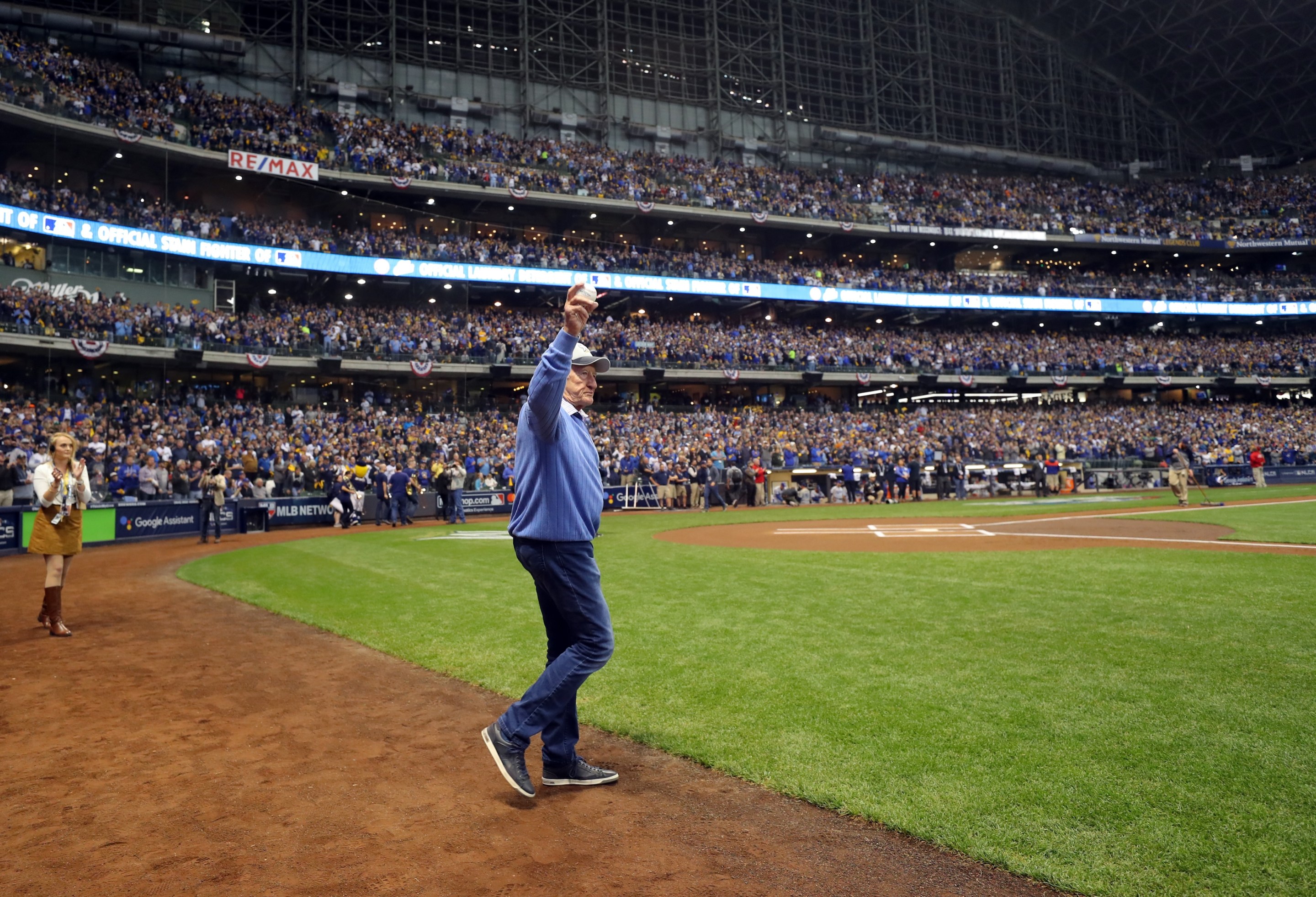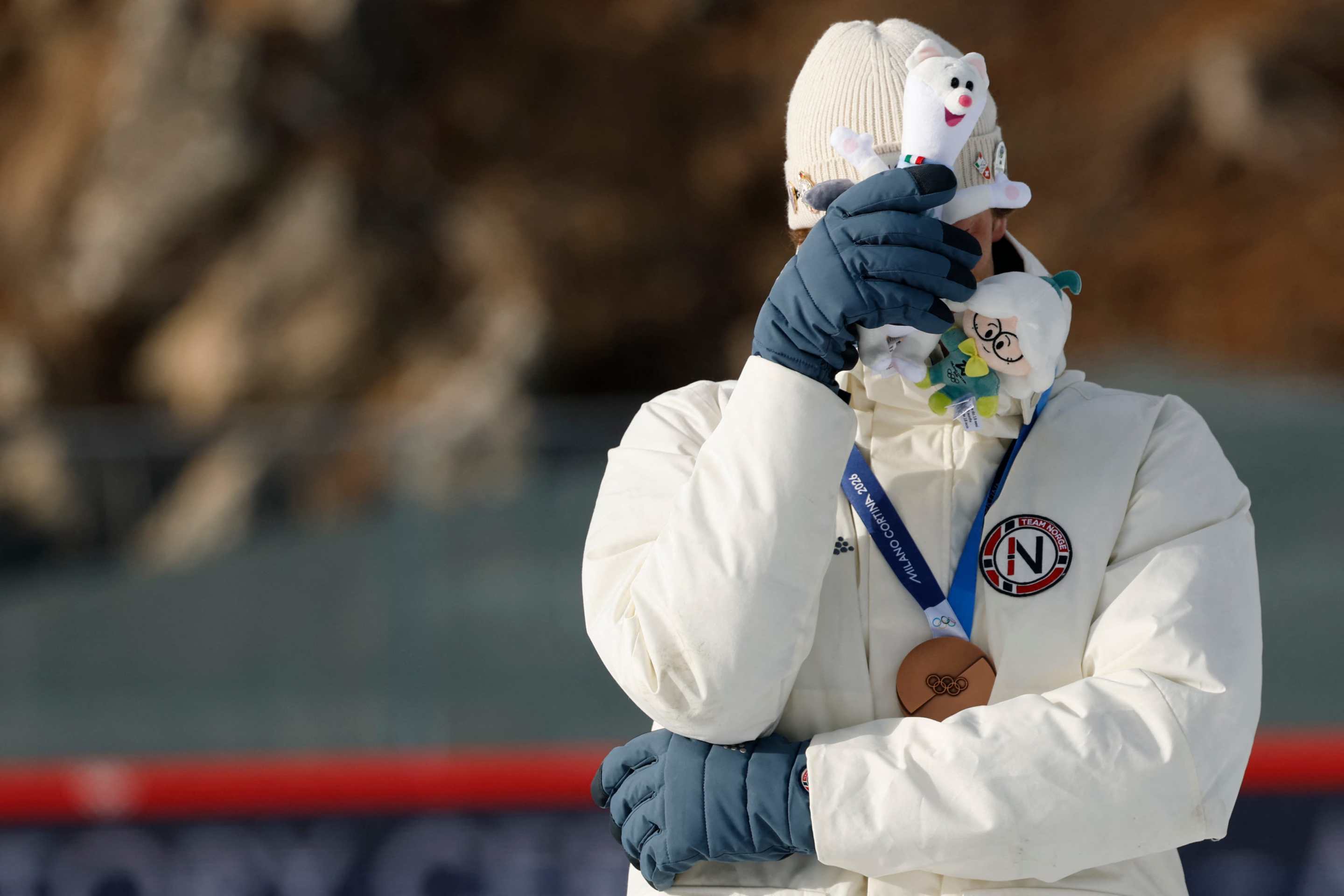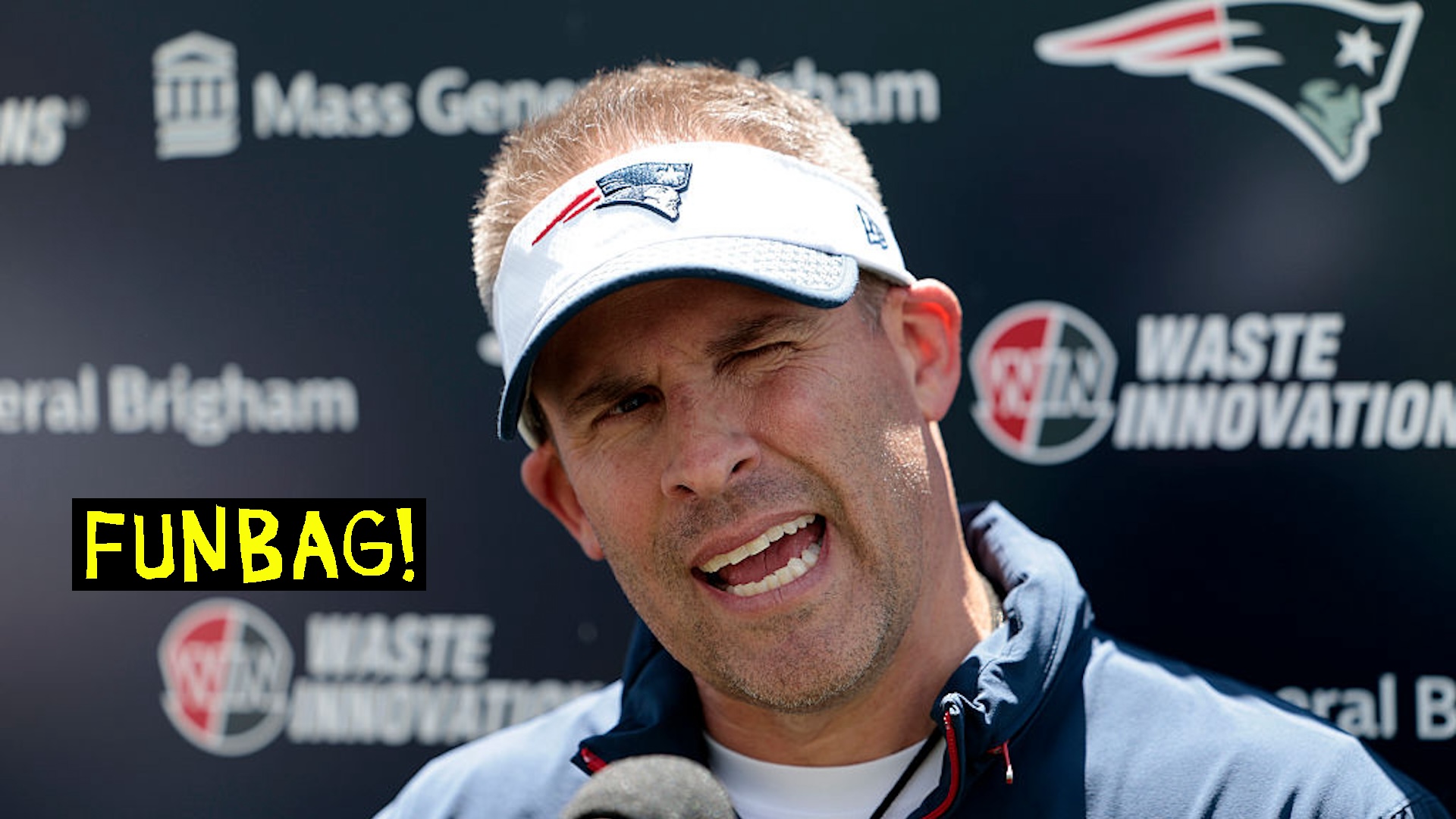It is not difficult to find people who loved Bob Uecker unreservedly. There is a good reason for this: He was the last genuinely and instinctively funny person in baseball history. He was the god of Milwaukee even if you include all the Green Bay Packers going back to before Vince Lombardi. He was the face and voice of baseball cinema, the man whose line-reading made "Ju-u-u-u-st a bit outside" so good that "iconic" doesn't remotely cover its impact. Even if you're not a seamhead, you likely came across Bob Uecker and smiled.
So Thursday's announcement that Uecker has died at age 90, due to small cell lung cancer, came as a blow. Nine decades is a good long run, but there was never a sense that he was running out of material; Uecker was still a joy to hear on Brewers broadcasts even in Year 54 of being the voice of Wisconsin baseball for two-and-a-half generations. The reaction to his passing was unanimous in the same ways and for the same reasons that the response to Vin Scully’s death was unanimous—it was an outpouring of both sadness at the loss and gratitude for all the time we got to spend with him. In an epochally angry time in America, at a moment when it isn't hard to find even anti-puppy polemics with a keystroke, Uecker gets a pass from most everyone. Yes he defined baseball, but he also managed to become more than merely Mister Baseball. From the moment of his first appearance on Johnny Carson's definitive version of the Tonight Show, which Uecker earned merely by mastering the tripartite arts of comedy writing, unabashed self-deprecation, and martini-dry humor, he was recognizable as that rarest of Americans, the guy you'd sit back down to listen to even if you were already halfway out the door. Put another way, Norm Macdonald thought he was one of the funniest men he ever met. Beat that with a stick.
He did WrestleManias. He starred in a not-entirely-forgettable sitcom, Mr. Belvedere. He did Major League and Homeward Bound; he did Puppy Dog Pals and Futurama. He did beer commercials that didn't make you want to hurl bricks through your appliances. He did a Hall of Fame speech that exceeds all other such orations by a significant margin because he'd had years to perfect it, even though his playing career was its direct antithesis. Uecker was skilled enough to remain in the major leagues for six years, and smart enough to parlay a lifetime batting average of .19973—not .200, which is what his Baseball Reference page reads—into a career. One-ninety-nine-and-change. He managed to make that his calling card until he could replace it with his far superior ability to help others enjoy their day.
Like Scully, Uecker passed through life with almost no detractors, and not just because his methodology was to beat everyone to the detracting. He gave off an aura of knowing who he was and was not. Just as important, he knew where he was and was not. Uecker was more than content with being the definition of Milwaukee, staying in the Brewers' radio booth for more than half a century, all while doing the movies and ads and national broadcasts that somehow made him even more Milwaukee-centric. It was an act of rooting to the ground that is almost unheard of today. Uecker didn't put a shine on the Brewers when they didn't deserve one, but he didn't kick them when they were down, either. That's because he wasn't parlaying the Brewers gig into some better team in a bigger city. Mostly, he was revered for never leaving town even when Los Angeles might have been more logistically favorable. Who knew that being grounded was the best way to fly?
There will be flurries of other tributes in the next few days, from all corners; Uecker covered a great deal of ground despite starting his public life in a perpetual squat. Unlike nearly every other athlete of his era, Uecker was actually far better and more popular at everything that wasn't athletics-based. He got 90 years out of this simple-to-explain-and-hard-to-deliver formula, and he succeeded less by luck or planning and more by simply being what he was—the guy who made everyone happier by the simple act of entering their space.






